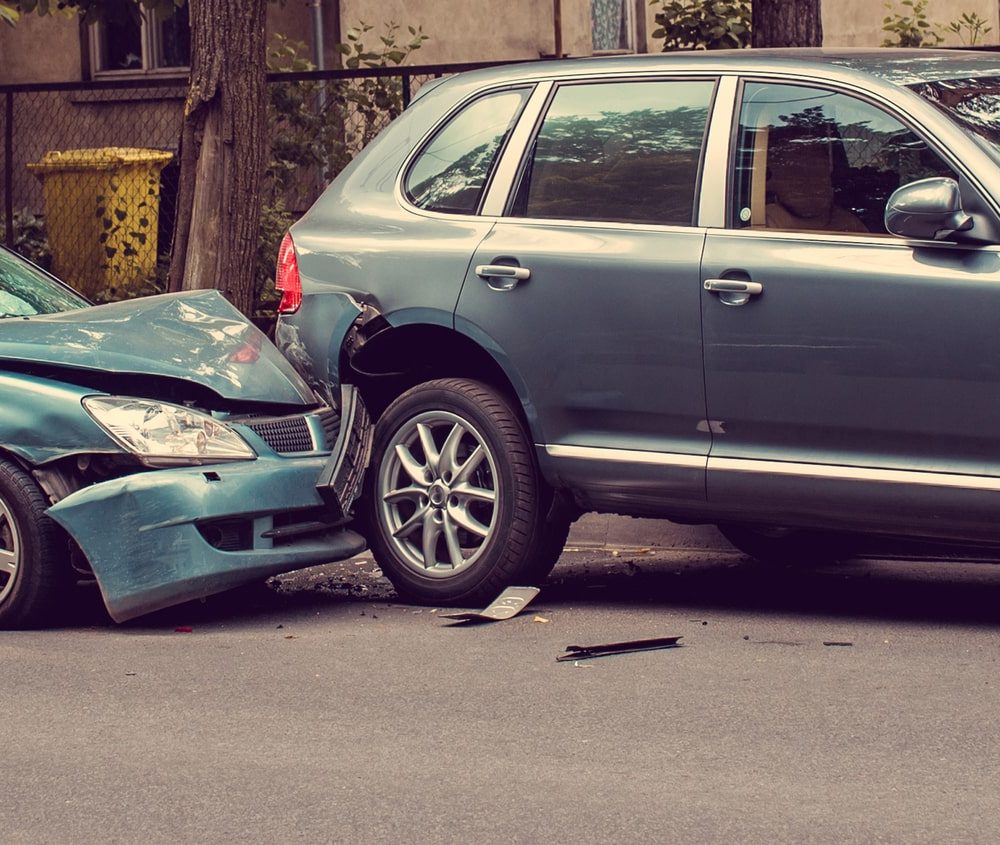Home > Car Insurance > Whose Insurance Do I Call When Someone Hits My Car?
Find out what to do if someone hits your car and whose insurance you’ll need to call in Savvy’s guide.
Author
Savvy Editorial TeamFact checked

If someone hits your parked car or collides with you on the road and is entirely at fault, the insurer you’ll have to call will depend on the level of coverage you currently have. Find out when you should contact your insurer and when you should reach out to the at-fault driver’s, as well as what to do if you or the other driver is uninsured, in Savvy’s helpful guide.
The car insurance company you’ll have to contact after a not-at-fault accident will depend on the level of coverage you have in place. If you hold a comprehensive car insurance policy, you can contact your insurer to claim for damage. However, if you have third party fire and theft or third party property damage cover, you may need to submit your claim with the at-fault driver’s insurer, as these policies don’t offer cover for accident damage.
When you contact the insurer, be prepared to provide them with all the relevant details of the accident, including the other driver's information, the time and location of the incident and any photos or documentation you may have. The insurer you’re dealing with will guide you through the next steps and advise you on the necessary documentation required for the claim.
If the other driver is uninsured, most car insurance policies will offer cover for damage caused by an uninsured driver. However, this is often contingent on the driver being identified and having the required information obtained from them, so if you don’t take down their information, you may be left to foot the bill yourself if you have a third party policy.
If someone hits your moving or parked car in an accident, follow these essential steps to ensure your safety and protect your interests after a car accident:
If you don’t have car insurance but aren’t at fault for the accident, you’re still entitled to cover for the damage caused to your vehicle. In this situation, you should file a claim with the other driver’s insurer.
However, the situation becomes complicated when neither you nor the other driver has car insurance. In this situation, you may have to settle the costs between you. If this isn’t possible, such as if the at-fault driver refuses to pay, you’ll either have to pursue legal action (which in itself can be expensive and time-consuming) or simply pay the costs out of pocket.
Disclaimer:
Savvy (ABN 78 660 493 194, ACR 541 339) provides readers with a variety of car insurance policies to compare. Savvy earns a commission from our partnered insurers each time a customer buys a car insurance policy via our website. All purchases are conducted via our partners’ websites. The integrity of our comparison service is unaffected by our partnerships with those businesses and our effort remains to bring further brands that do not already use our comparison service onboard.
Savvy’s comparison service includes selected products from a panel of trusted insurers and does not compare all products in the market. Any advice presented above or on other pages is general in nature and doesn’t consider your personal or business objectives, needs or finances. It’s always important to consider whether advice is suitable for you before purchasing an insurance policy. We always recommend readers to consult the Product Disclosure Statement (PDS) of different policies before purchasing your car insurance.
© Copyright 2023 Quantum Savvy Pty Ltd T/as Savvy. All Rights Reserved.
ABN 78 660 493 194. ACR Number 541 339.